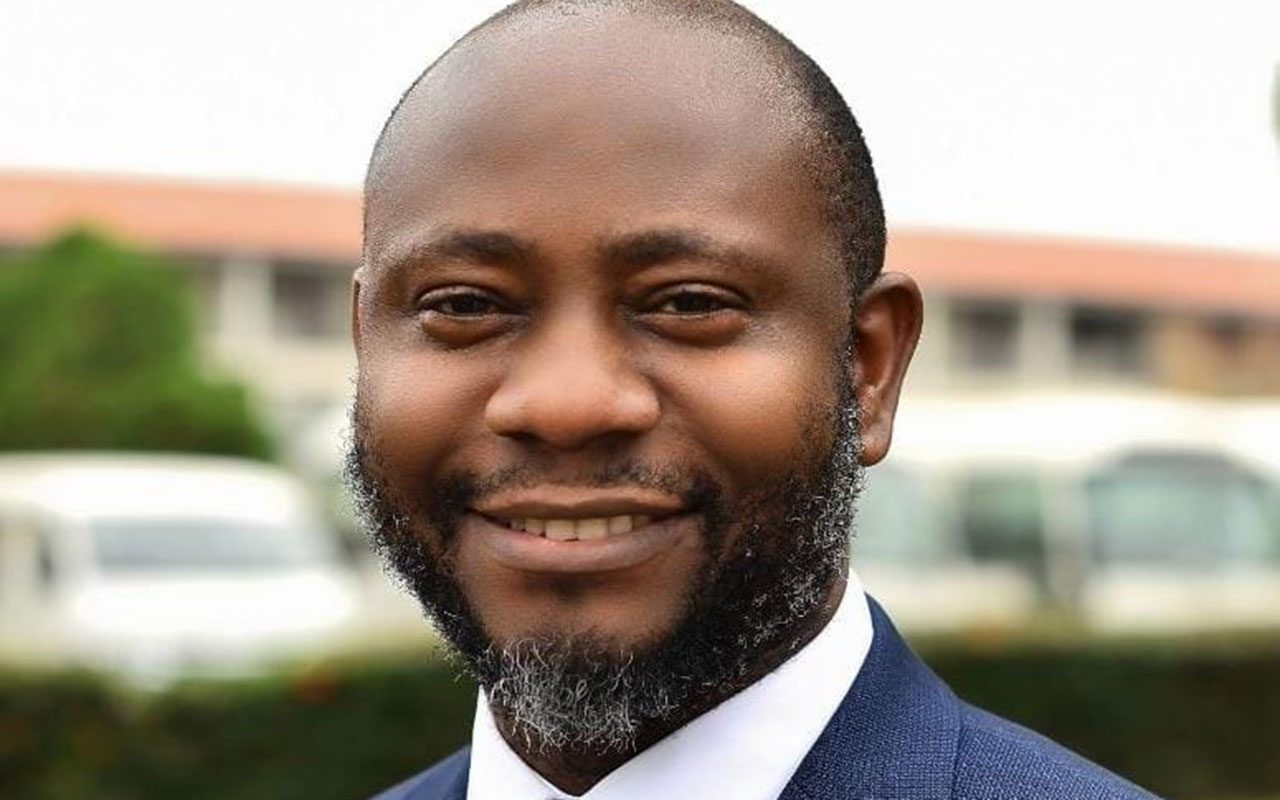 Following the increase in attempted suicide, and to raise awareness on its prevention, The Asido Foundation at its Interactive Monthly Community Engagement (IMCE) Series called for collective action on mental health issues.
Following the increase in attempted suicide, and to raise awareness on its prevention, The Asido Foundation at its Interactive Monthly Community Engagement (IMCE) Series called for collective action on mental health issues.
At its virtual event to mark World Suicide Prevention Day themed “Creating Hope Through Action,” the conference brought together insightful speakers that held compelling discussions on the subject.
Founder of the Asido Foundation and Consultant Psychiatrist with the University College Hospital, Ibadan, Dr Jibril Abdulmalik, was one of the panelists at the event. He noted that the global suicidal death statistics were very gruesome, and tackling the root issue would require full blown participation: “It is important to appreciate that in the majority of instances, people take their own lives due to a background mental illness such as depression. The World Health Organization estimates that we lose 1 million people to suicide every year, and this implies that every 40 seconds someone out there dies from suicide.”
“Suicide is preventable and that is why the World Health Organization declared suicide as a public emergency in 2012. Life is irreplaceable and so all hands must be on deck towards suicide prevention” he added.
Dr. Abdulmalik called for a general mindset shift in the perception of individuals battling mental health issues, further adding that regular discussions on the subject would help to reduce the global cases of suicidal deaths:
“It is happening around us and the more we talk about it, the more we realize that it is people like us, whose spirits are broken, people who probably have a mental health disorder that is undiagnosed, undetected and untreated who are affected. I think that these conversations are important especially because suicides are preventable”
A Consultant Psychiatrist, and Director of Women’s Mental Health at the Asido Foundation, Dr. Gbonjubola Abiri, was another keynote panelist at the event. According to her, it is often extremely difficult to tell if an individual is suicidal or not. However, it is always important to look out for other behavioral red flags:
“For me, I think that the biggest warning sign and scariest warning sign is no sign. The fact that someone is suicidal, and you can’t tell. You can’t tell because they look so happy, they look like everything is going on well for them. In other instances, you might want to look at the individual’s thought pattern, the individuals feeling state and the individual’s behavior.”
Dr. Abiri stated that there was no ‘one size fits all’ panacea for suicidal cases, and every single case needs to be given unique attention. She added that there was a need for a collective effort at different levels to offer emotional support to individuals battling suicidal thoughts and mental health issues.
“The concept of a solution differs from person to person. It also differs from situation to situation. Because you know, people have different kinds of issues. We need to have more people who support and encourage, and show people that there is light at the end of the tunnel at both individual and group levels and at the community level as well.”
She also shared her thoughts on the recently passed Mental Health Act: “It is a national law that needs to be domesticated in each state. It is the state law that has a bearing on attempted suicide. If someone attempts suicide, it is a cry for help, and we should help them. It is like somebody who is drowning and then you push him further under the water. It does not make sense. Nigeria is one of the few countries in which suicide attempt remains a crime.”






